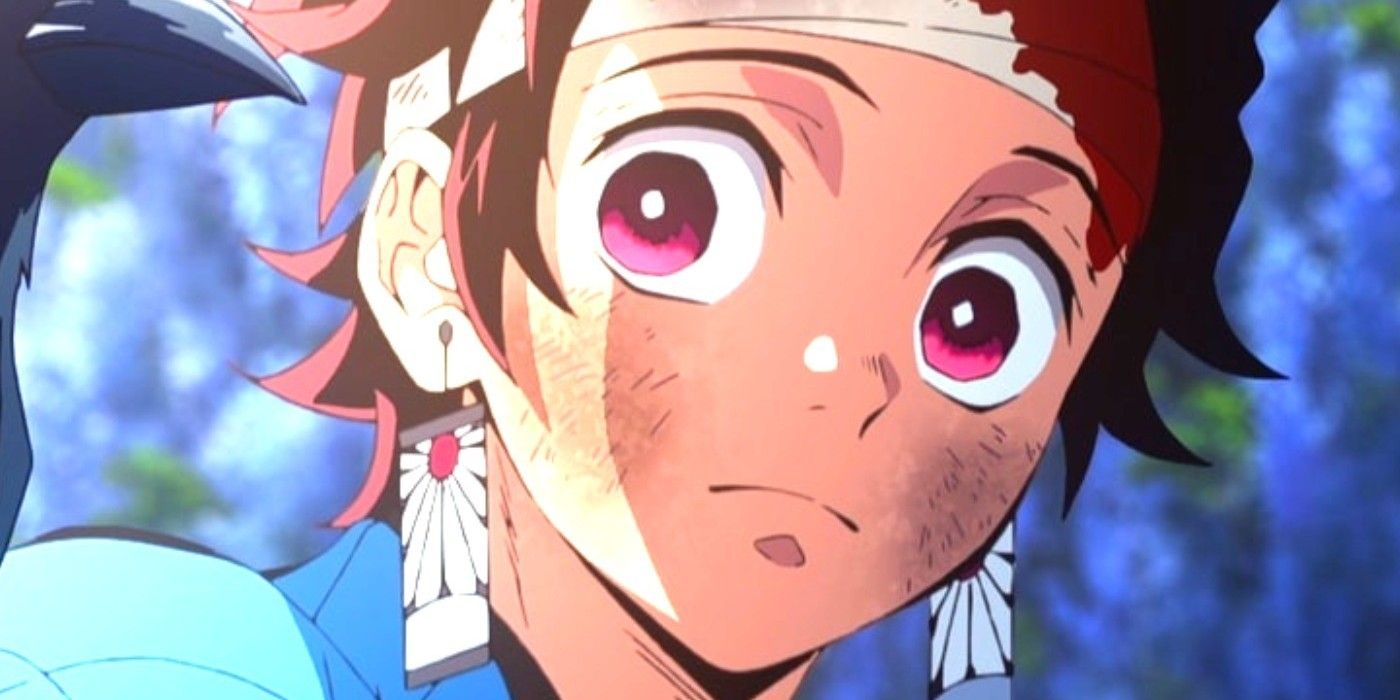
Demon Slayer: Kimetsu no Yaiba has emerged as a monumental force in the manga industry, continuing to shatter records even after its conclusion. As of July 17, 2025, the series has achieved an astonishing milestone of over 220 million copies sold globally. This accomplishment places it among the elite ranks of manga, trailing only behind legendary titles such as One Piece and Dragon Ball in total sales.
This remarkable feat is particularly noteworthy considering that Demon Slayer concluded its serialization in 2020. In a market typically dominated by ongoing series, the enduring popularity of Demon Slayer speaks volumes about its cultural significance. Recent developments, notably the release of the Infinity Castle movie, have reignited interest in the franchise, attracting both new fans and long-time followers, resulting in a fresh wave of purchases and engagement.
The Impact of the Infinity Castle Arc on Demon Slayer
The launch of the Infinity Castle film has acted as a powerful catalyst for the Demon Slayer series, sparking renewed interest in the manga. This resurgence has prompted both seasoned fans and newcomers to either revisit the series or explore it for the first time. Despite having concluded nearly five years ago, the series has thrived in this post-finale period, thanks to its compelling narrative, stunning animation, and unwavering quality.
Unlike many series that tend to fade away after their end, Demon Slayer has not only maintained its relevance but has also experienced a remarkable increase in popularity and sales. The emotional depth of the storytelling, combined with visually striking artwork, has ensured that the series remains in the hearts and minds of fans. It’s a rare occurrence for a completed manga to enjoy such an upswing in popularity years after its conclusion.
The film’s international success has also played a crucial role in boosting the manga’s sales. As Demon Slayer transcends borders, its accessibility in global markets has increased significantly. Retailers around the world have reported a surge in demand for the manga following the film’s release, demonstrating the franchise’s ability to resonate across diverse cultures.
Demon Slayer’s Place Among Manga Legends
With over 220 million copies sold, Demon Slayer ranks as one of the best-selling manga series of all time, second only to titans like One Piece and Dragon Ball. This achievement is exceptional, especially when considering the relatively short publication span of Demon Slayer compared to its competitors.
While One Piece has been ongoing since the late 1990s and Dragon Ball laid the groundwork for the global popularity of manga, Demon Slayer delivered its complete narrative in less than five years. Yet, it managed to secure a spot in the top three best-sellers, highlighting that impactful storytelling can rival the longevity of its counterparts.
This milestone also reflects a broader shift in audience preferences within the manga industry. Modern readers seem to favor fast-paced, emotionally engaging stories that can be adapted into cinematic formats. The success of Demon Slayer signifies not just a commercial victory but also a commentary on the evolving landscape of manga and what contemporary audiences are searching for.
As more fans discover or revisit Demon Slayer through its various adaptations, merchandise, and international distribution, the series’ legacy continues to flourish. While One Piece and Dragon Ball maintain their positions at the top, Demon Slayer has firmly established itself as a defining title in the modern manga era.
The Elements Behind Demon Slayer’s Enduring Popularity
The emotional storytelling found in Demon Slayer plays a pivotal role in its lasting appeal. The series masterfully combines adventure, fantasy, and deep character development, allowing readers to connect on multiple levels. The journey of Tanjiro Kamado, the protagonist, resonates with themes of resilience, sacrifice, and the quest for redemption, striking a chord with audiences worldwide.
In addition to the narrative, the breathtaking visuals crafted by Koyoharu Gotouge have set a new standard in the manga and anime industry. The artwork is not only beautiful but also enhances the emotional weight of the story, making each panel a visual treat. The dynamic fight scenes and intricate character designs add depth to the storytelling, keeping readers engaged and invested in the outcome.
Moreover, the marketing strategy surrounding Demon Slayer has been nothing short of brilliant. The franchise has leveraged various platforms, from merchandise to video games, ensuring that it remains in the public consciousness. Collaborations with brands and events have further solidified its cultural footprint, attracting fans from different demographics.
The series has also benefited from its successful anime adaptation, which has brought the story to an even broader audience. The anime’s high-quality production values, engaging voice acting, and faithful adaptation of the source material have garnered critical acclaim and contributed significantly to the manga’s resurgence in popularity.
The Future of Demon Slayer and Its Cultural Impact
As Demon Slayer continues to gain traction on the global stage, its influence on the manga and anime industry is undeniable. The series has not only redefined what it means to be a successful manga but has also set a precedent for future creators. With its ability to blend emotional storytelling, stunning visuals, and a strong marketing presence, Demon Slayer has become a template for aspiring artists and writers.
The legacy of Demon Slayer is bound to grow as new fans discover the series through various mediums. Its unique blend of cultural elements and universal themes ensures that it will remain relevant for years to come. The ongoing interest in the franchise, fueled by recent adaptations and releases, indicates that Demon Slayer is not merely a fleeting trend but a fundamental part of modern manga culture.
In conclusion, Demon Slayer: Kimetsu no Yaiba has solidified its status as a titan in the manga industry, achieving remarkable sales figures and cultural resonance. Its journey from a serialized manga to a global phenomenon exemplifies the power of storytelling and the impact it can have on audiences around the world. As the franchise continues to evolve, it will undoubtedly inspire future generations of creators and fans alike.
